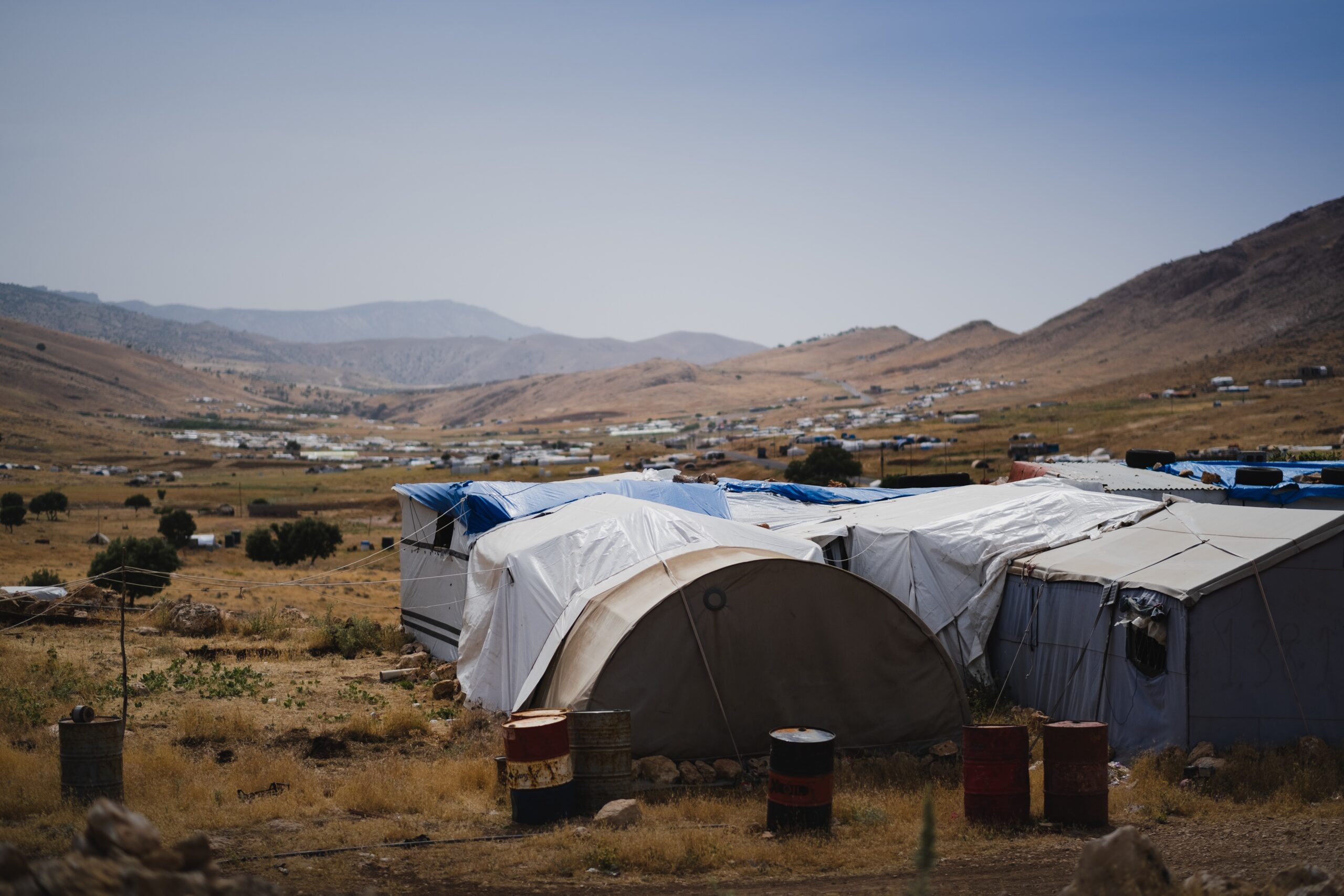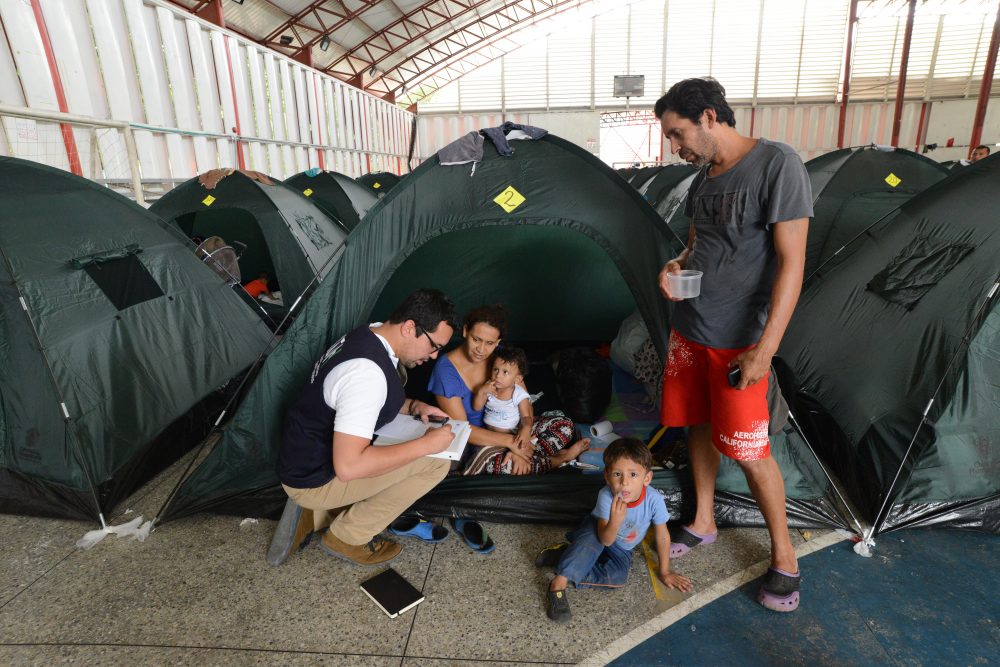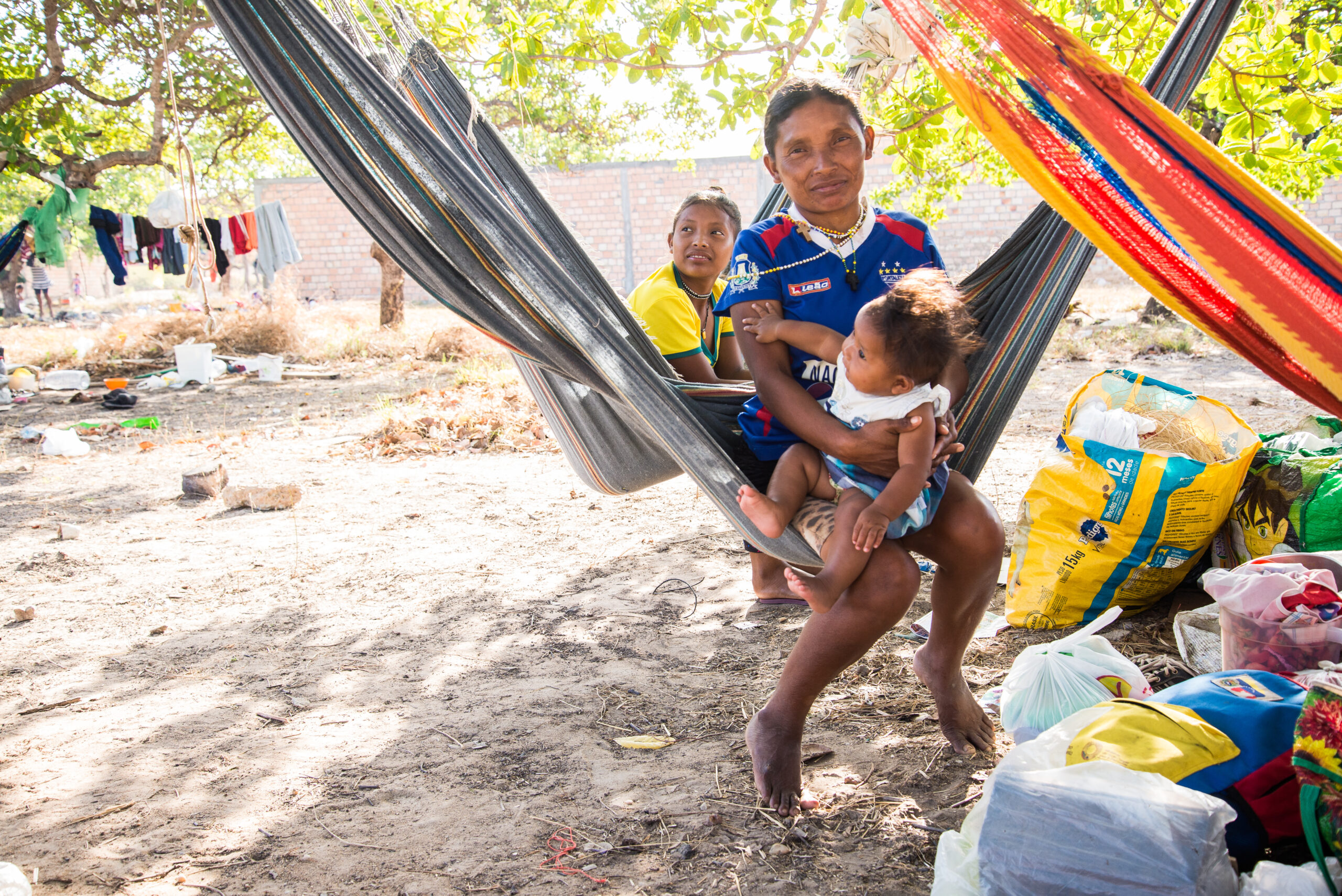World Refugee Day: 10 Things You Need to Know
Editor’s note: This blog was updated on June 18, 2021 to include the latest UNHCR data. If I can steal your hearts and minds for the next 10 minutes, it would be to share these 10 things related to World Refugee Day that I hope inspire you and others in philanthropy to find ways to […]

Editor’s note: This blog was updated on June 18, 2021 to include the latest UNHCR data.
If I can steal your hearts and minds for the next 10 minutes, it would be to share these 10 things related to World Refugee Day that I hope inspire you and others in philanthropy to find ways to support displaced persons globally.
1. World Refugee Day is a time for us to build awareness and a call to action to support refugees and internally displaced persons. The United Nations (UN) created World Refugee Day in June 2016 to send a message to governments that they must work together and do their fair share for refugees. This day is also to “commemorate the strength, courage and perseverance of millions of refugees.”
2. Refugees are people who have been forced to flee their home countries because of persecution, war or violence. A refugee has a well-founded fear of persecution for reasons of race, religion, nationality, political opinion or membership in a particular social group. Many refugees are in exile to escape the effects of natural or human-made disasters.
3. An internally displaced person or groups of persons are “those who have been forced or obliged to flee or to leave their homes or places of habitual residence, in particular as a result of or in order to avoid the effects of armed conflict, situations of generalized violence, violations of human rights or natural or human-made disasters, and who have not crossed an internationally recognized state border,” according to the UN Office for the Coordination of Human Affairs.
4. Asylum seekers are those who have fled their homes as political refugees, but their claim to refugee status has not yet been definitively evaluated in the country to which they fled.
5. According to the UN Refugee Agency (UNHCR) 2021 data:
- 82.4 million people around the world have been forced from their homes.
- 48 million people are internally displaced.
- 26.4 million are refugees and around half are under the age of 18.
- 4.1 million individuals are asylum seekers.
- 68% of refugees come from Syria, Venezuela, Afghanistan, South Sudan and Myanmar.
- Turkey, Colombia, Pakistan, Uganda and Germany are the top refugee-hosting countries.
- 1 in every 95 people on earth has fled their home because of conflict and persecution.
6. The Internal Displacement Monitoring Centre’s (IDMC) annual Global Report on Internal Displacement reports 40.5 million new internal displacements globally, triggered by conflict and disasters across 149 countries. The numbers include 1.7 million new displacements in the United States… perhaps a country where we do not think displacement occurs.
7. The IDMC GRID report also includes a feature on the impacts of COVID-19 on internal displacement, which highlighted how financial losses, school closures and the inability to socially distance have negatively affected displaced populations. There was one silver lining identified by the GRID report: Humanitarian organizations have adapted to “foster more sustainable and inclusive ways of working and strengthen IDP’s resilience.”
8. Policies and laws concerning refugees, IDPs and asylum seekers need continuous attention and advocacy. The foundational language that underpins the rights afforded all refugees began with the 1951 Convention.
The 1951 Convention contains a number of rights and also highlights the obligations of refugees towards their host country. The cornerstone of the 1951 Convention is the principle of non-refoulement. According to this principle, a refugee should not be returned to a country where he or she faces serious threats to his or her life or freedom. This protection may not be claimed by refugees who are reasonably regarded as a danger to the security of the country, or having been convicted of a particularly serious crime, are considered a danger to the community.
The rights contained in the 1951 Convention include:
- The right not to be expelled, except under certain, strictly defined conditions.
- The right not to be punished for illegal entry into the territory of a contracting State.
- The right to work.
- The right to housing.
- The right to education.
- The right to public relief and assistance.
- The right to freedom of religion.
- The right to access the courts.
- The right to freedom of movement within the territory.
- The right to be issued identity and travel documents.
Some basic rights, including the right to be protected from refoulement, apply to all refugees. A refugee becomes entitled to other rights the longer they remain in the host country, which is based on the recognition that the longer they remain as refugees, the more rights they need.
9. Philanthropy, large and small, can strengthen assistance to refugees within the United States. Each year the U.S. admits tens of thousands of refugees who are escaping conflict. Donors can support the integration of refugees into local communities and public information and education campaigns to rally residents around more effective refugee settlement policies.
10. The Center for Disaster Philanthropy (CDP) has many educational resources that provide the philanthropic community with the information to give generously, confidently. We have:
- Issue Insights on Complex Humanitarian Emergencies, Internally Displaced People, Refugees and Remittances.
- We maintain Disaster Profiles on the Rohingya Refugee Crisis, the Crisis in Tigray, Ethiopia, the Humanitarian Crisis in Yemen, the Venezuelan Humanitarian and Refugee Crisis and the Southern Border Humanitarian Crisis.
As you’ll see, there are lots to read and certainly much to do as donors, humanitarians and citizens of the world.
I hope this list inspires you to share these resources with others and support worldwide efforts to recognize and champion the lifesaving needs of individuals who are forcibly displaced from their homes.
More like this

World Refugee Day: What to Know and Do

